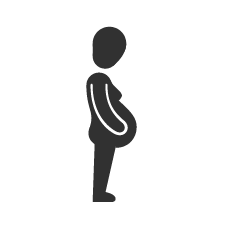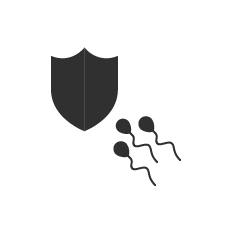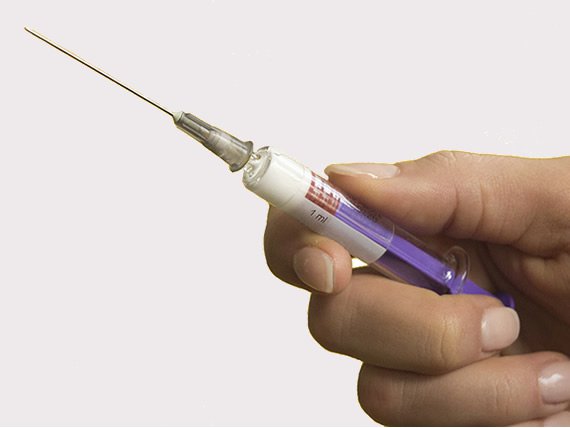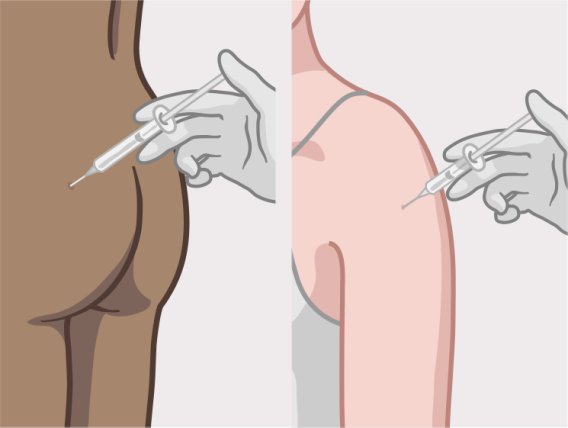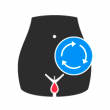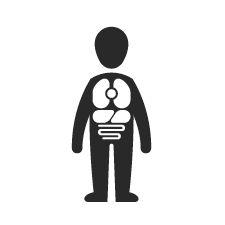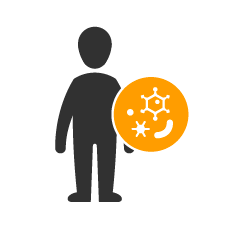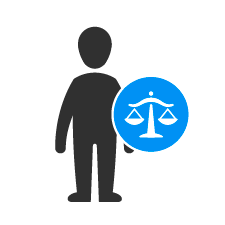The contraceptive injection is a method of contraception.
The contraceptive injection contains 1 hormone. The hormone prevents an egg cell from getting ready for ovulation. It also makes it more difficult for sperm cells to enter the uterus and prevents implantation of an egg cell.
How does the contraceptive injection work
Reliable
The contraceptive injection is very reliable if used correctly.
Impact on your health
The contraceptive injection contains 1 hormone. This hormone does not generally affect your health.
In some cases, however, it is better to choose another method of contraception. For example if you have a very high risk of getting a heart disease. Ask a doctor for advice.
The injection does not make you less fertile. If you want to get pregnant, you simply do not have the injection renewed. It can, however, take a few months, or up to a year, for your cycle to return to normal.
You may have some side-effects such as headaches, mood swings, irregular menstrual periods and tender breasts. The side effects are always most severe in the beginning, and usually go away on their own within three months. If the problems do not go away you can change to a different contraceptive method.
Some women might bleed slightly (spotting) up to several weeks after the first injection. This is harmless. If the spotting doesn't go away on its own you can get the second injection after 8-10 weeks rather than 12. Few people experience spotting after the second injection, and many women won't bleed at all as long as they get regular injections.
Protection against STIs and HIV
The contraceptive injection does not protect against STIs or HIV. Only a condom can protect you.

